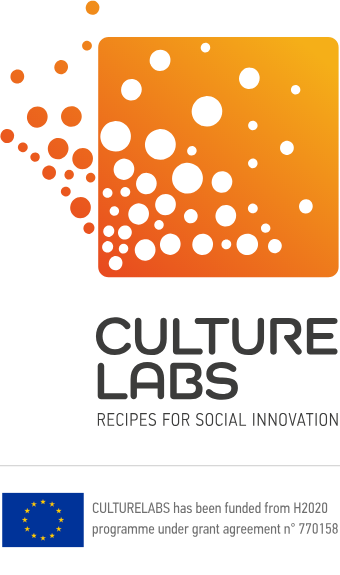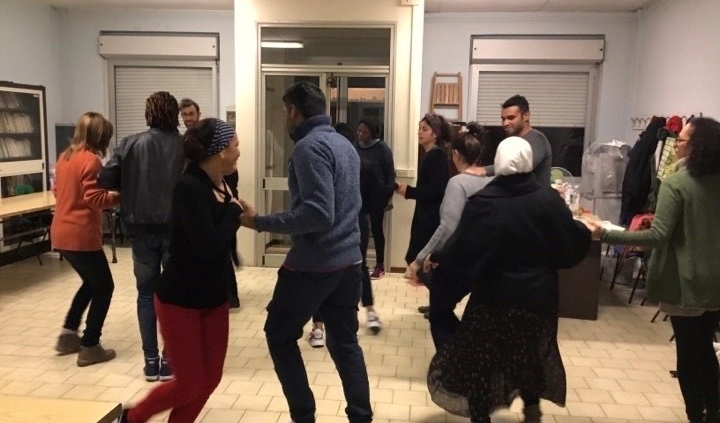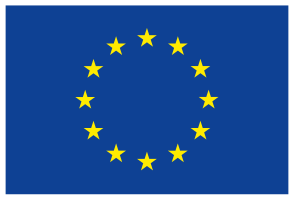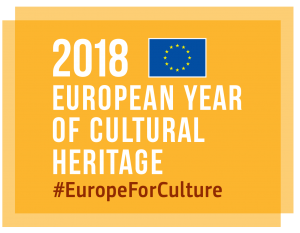A multiethnic district, as many of our cities, where different and diverse cultures are co-living: how public entities and civil society organizations can support mutual understanding and social cohesion? How culture can bridge the gap?
Bridging Culture Through Arts brings together citizens (both migrants and autochthones) living in a neglected urban area characterized by high multi-ethnic variety. The idea is to create a cohesive group through art-based activities to help overcoming the difficulties in getting socially involved.
Who is involved in the activities?
COOSS manages services for migrants, among them asylum seekers and refugees under protection programs, and wants to develop the pilot in a multiethnic district of Jesi (Marche Region), involving people with different ethnicities. Presently, participants of the pilot come from Pakistan, Perù, Argentina, Ukraine, Brasil, Mali, Guinea, Bangladesh, Dominican Republic, Kosovo, China, USA, Romania, Germany, Cuba, Nigeria, Albania, Russia, Poland, Siria, Venezuela.
The close collaboration with public administrations, schools and integration centres, which are in contact with associations, was crucial to create the groups of work. In particular, it is worth mentioning the strong collaboration with:
- the Municipality of Jesi, which supported the pilot since the beginning, making available spaces where performing the pilot activities, ensuring an institutional framework for the project and facilitating the collaboration with the Municipal Library. The library was founded in 1859, and was named Planettiana in tribute to the Pianetti family, who donated its precious books collection to the Municipality. The archive contains a book heritage of over 150,000 volumes on local, regional and European history. The Library has a public reading section, with more than 50,000 volumes including periodicals and newspapers, a local section, a photo library and a special children’s section.
- the Associazione Teatro Giovani Teatro Pirata (ATGTP), a non-profit association whose long course professionals propose education theatre, social theatre, public training and theatre production for the young generations, with the purpose to exploit the potential of theatre techniques in the educational and social contexts.
- the CPIA (Provincial Centre for Adult Education), which provides several didactic courses, among which Italian language courses for foreign adults, to help them to obtain officially recognized qualifications. The teacher of Italian language at the centre collaborates with the project, motivating her students to participate to our pilot and attending the coordination meetings herself.
The activities are lead by a social pedagogist working in COOSS and specialized in groups dynamics and conflicts management. He proposes different techniques and activities in the course of the meetings with the working group, aimed at fostering interactions, enhancing dialogue, handling crises when emerging and understanding expectations and wishes. He reports activities and observations to the coordination group, assuring the respect of the participants’ privacy.
What do the activities consist of?
COOSS involves people in the co-creation of art-based activities, allowing participants to spontaneously share their cultural heritage and to properly approach the hosting country’s one.
The activities are a combination of different methods such as theatre labs, role playing activities, sharing of their own cultural heritage through the exchange of pictures and objects, cooking traditions or storytelling. The involvement of the participants is the result of a process to encourage emphatic adhesion to the activities: firstly, informal contacts, visits and meetings were carried out with the relevant parties to identify potential participants to create the pilot group; then, an initial public event made the project known and explained the reasons of the proposed activities.
After that, the concrete phase of workshops started with playful activities in a relaxed atmosphere and friendly relationships to create a cohesive group: theatre labs, role playing and other methods has been used to experiment the possibilities which can emerge from conflicting situations and how communication can help to solve diverging perspectives.
A glimpse into the future
Once participants have gained self-confidence and increased their language proficiency and communication capabilities, meetings will turn into co-creation opportunities, where the group will identify art-based activities and produce an output able to represent their experience.
The original idea was to create a final visual product to be presented to the whole citizenship in the form of a projection on a neighborhood building, then to be turned into a murales. A public event was planned to present the output, but the outbreak of Covid-19 emergency has impacted our programs forcing us to be ready to rethink the project activities.
Discover further details of the pilot on CultureLabs platform: https://recipes.culture-labs.eu/#/workspace/recipes/640






Leave a Reply
Want to join the discussion?Feel free to contribute!